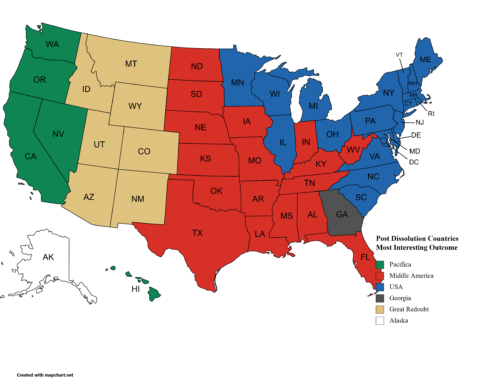Excellent piece in The Atlantic, “Why The Coronavirus Is So Confusing.” It gets back to a previous post on the Equation which discusses how to deal with situations in which there are lots of variables. We people are not very good at considering the interaction between multiple causal variables working at the same time.
Here are a few key points from The Atlantic article:
1. “It seems unlikely that a random bat virus should somehow jump into a susceptible human. But when you consider millions of people, in regular contact with millions of bats, which carry tens of thousands of new viruses, vanishingly improbable events become probable ones.”
People in general are quick to make a judgment of probability and generalize it. Something with a very small probability becomes more likely the larger the sample of opportunities to happen. So a “one in a million” probability of occurring, like a human getting a virus from a bat, when multiplied by the millions of exposures, should produce a lot of positive samples, in this case of bat-to-human coronavirus transmission. That should not surprise us, but it does.
2. “Human beings are notorious for our desire to see patterns,” he says. “Put that in a situation of fear, uncertainty, and hype, and it’s not surprising that there’s almost a folk medicine emerging.”
We humans live our lives seeing patterns geometrically. But we often make mistakes on projecting a pattern in one realm with a pattern in another. We need to be better at first asking how alike is the pattern we see to the one we want to make it seem similar to. They may appear similar but may be very different. That is something we’re finding here and it demands a most difficult of human qualities: patience to figure out what is really happening.
3. “Our understanding oscillates at first, but converges on an answer,” says Natalie Dean, a statistician at the University of Florida. “That’s the normal scientific process, but it looks jarring to people who aren’t used to it.”
We humans are especially adept to solving puzzled and pandemics after they’ve happened given the particular circumstances of the moment. We want things to go really quickly. But science, inquiry, discovery, all take time. To solve this issue, we need to realize it is better to be right than first. Allowing science to converge on truth is worth the wait to get it right. You can’t push a wet noodle. Scientist can’t converge on truth by pushing them to work faster.
4. A lack of expertise becomes problematic when it’s combined with extreme overconfidence, and with society’s tendency to reward projected confidence over humility.
We need to be on the lookout for our own biases, which are highlighted when we want really badly to save peoples lives quickly. We have to hearken back to Karl Popper and his demand for falsifiability in all scientific endeavors. In order to understand when a theory (such as whether a particular treatment will cure Covid-19) is to state under which circumstances it wouldn’t work. That is what scientists do but most amateurs, even very smart ones, have never considered. That requires humility. Humility to recognize that we may be wrong. Humility to test whether your idea is possibly wrong before proclaiming it loudly.
We will get through this pandemic. It will take time and during that time more people will die. The more we look to science and expertise to find answers and the more humble we are, the faster we will get out of this.






Leave A Comment